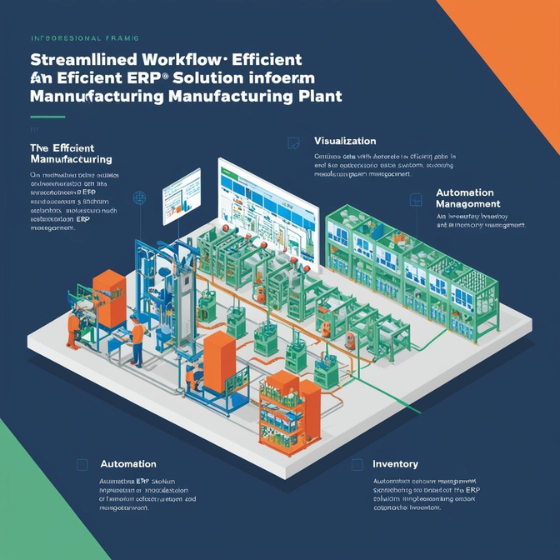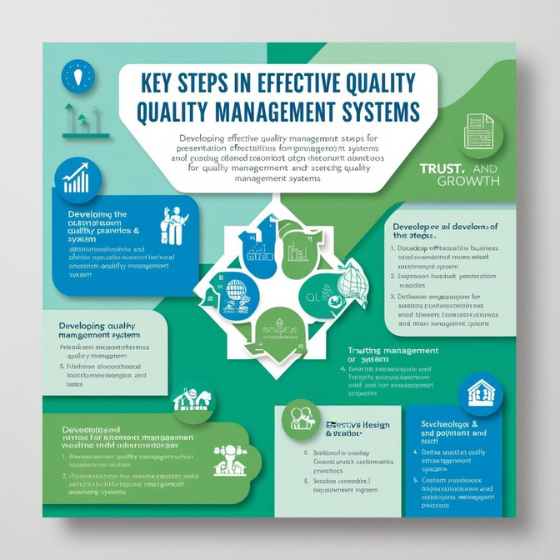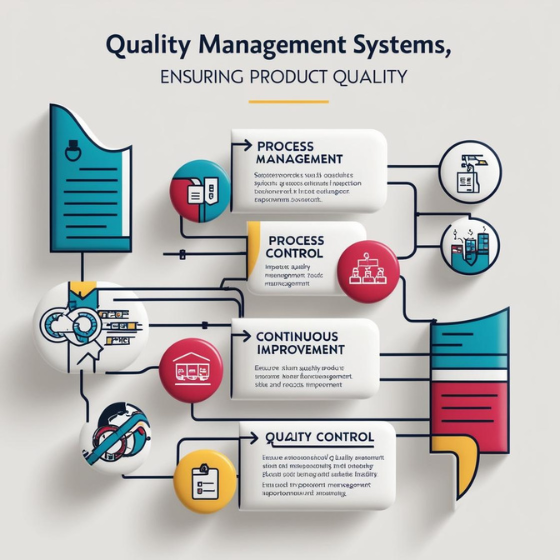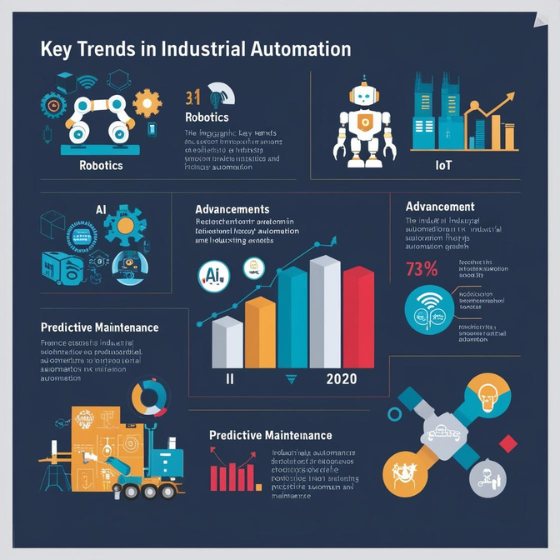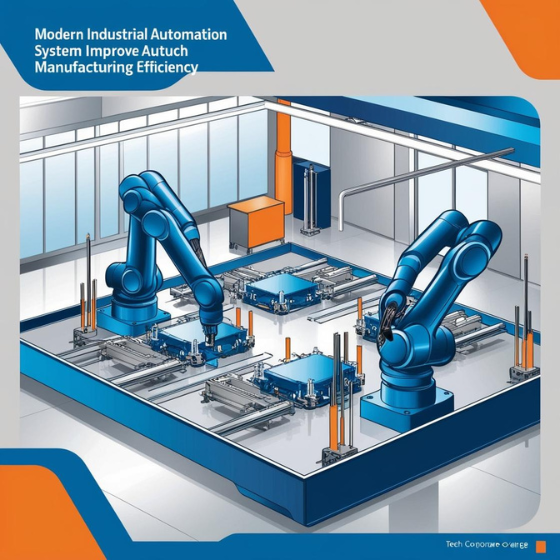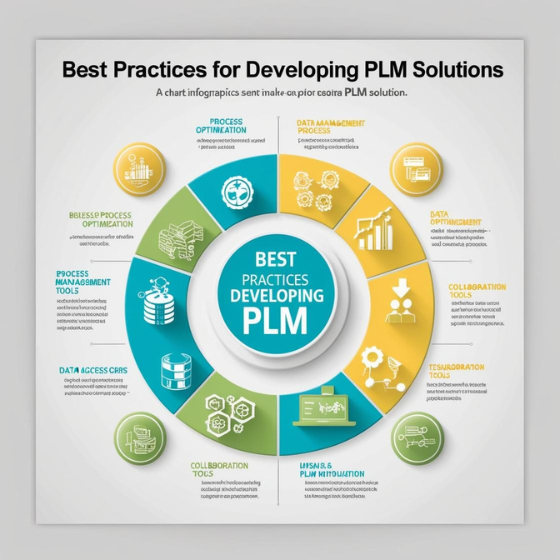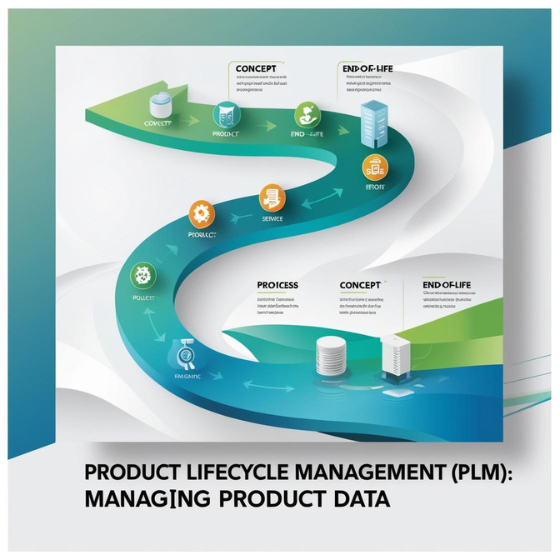Developing Efficient ERP Solutions for Manufacturing: A Pathway to Operational Excellence
Introduction
Did you know that companies leveraging efficient ERP solutions report a 20% increase in overall productivity? For manufacturers, managing diverse operations—such as inventory, production, and supply chain—can be overwhelming without the right tools. This is where developing efficient ERP solutions for manufacturing steps in as a game-changer.
In this blog, we’ll explore how ERP systems can optimize manufacturing operations, key strategies for implementation, and real-world examples of success. Whether you’re navigating challenges in production planning or looking for ways to streamline processes, this guide is for you.
Why Do Manufacturers Need Efficient ERP Solutions?
The Role of ERP in Manufacturing
Enterprise Resource Planning (ERP) systems integrate essential business processes into a centralized platform, offering real-time visibility and control. For manufacturers, ERP systems bridge the gap between diverse operations, ensuring seamless communication and collaboration across departments.
Benefits of Developing Efficient ERP Solutions for Manufacturing
- Enhanced Productivity: Automates routine tasks and minimizes manual errors.
- Cost Optimization: Reduces operational waste and improves resource allocation.
- Informed Decision-Making: Provides actionable insights through robust analytics.
- Compliance and Scalability: Ensures adherence to industry standards while accommodating growth.
Example: A mid-sized furniture manufacturer reduced raw material waste by 15% within six months of implementing a tailored ERP solution.
Key Features of Efficient ERP Solutions for Manufacturing
1. Production Planning and Control
Efficient ERP solutions empower manufacturers with tools for effective production planning. These systems enable dynamic scheduling, ensuring optimal resource utilization while minimizing downtime.
Pro Tip: Use automated alerts to identify and address bottlenecks in real-time.
2. Inventory Management
Maintaining the right inventory levels is crucial for manufacturing efficiency. ERP solutions offer features such as:
- Real-time stock monitoring.
- Demand forecasting based on historical trends.
- Automated inventory replenishment.
Case Study: A textile manufacturer achieved a 25% improvement in on-time deliveries by optimizing inventory management with a custom ERP system.
3. Supply Chain Integration
ERP systems streamline supply chain processes by ensuring end-to-end visibility. This integration minimizes disruptions, reduces lead times, and improves supplier relationships.
Key Features:
- Vendor management tools.
- Real-time shipment tracking.
- Integration with third-party logistics platforms.
4. Financial Management
Comprehensive financial modules in ERP systems help manufacturers track expenses, monitor budgets, and forecast revenue effectively.
Insight: Efficient ERP solutions ensure financial data accuracy, reducing audit discrepancies.
5. Customer Relationship Management (CRM)
ERP solutions with integrated CRM modules enable manufacturers to improve customer satisfaction by tracking preferences, feedback, and order histories.
Challenges in Developing Efficient ERP Solutions for Manufacturing
1. High Implementation Costs
Developing efficient ERP solutions requires an initial investment in software, infrastructure, and training.
2. Resistance to Change
Adopting new systems can be challenging for teams accustomed to legacy processes.
3. Customization Requirements
Every manufacturing business has unique needs, making off-the-shelf ERP systems insufficient in many cases.
Solution: Sodio offers custom ERP development services tailored to your specific manufacturing processes, ensuring a perfect fit.
Best Practices for Developing ERP Solutions in Manufacturing
1. Involve Stakeholders Early
Engage key stakeholders during the planning phase to ensure the ERP solution aligns with business goals.
2. Focus on User Training
Proper training ensures your team can maximize the potential of the ERP system.
3. Prioritize Scalability
Choose an ERP solution that grows with your business, accommodating future expansions.
4. Leverage Data Analytics
Efficient ERP solutions provide actionable insights to improve decision-making. Use this data to optimize production, reduce costs, and enhance customer satisfaction.
Learn how Sodio’s ERP development services can help you implement these best practices seamlessly.
Future Trends in Manufacturing ERP
1. Cloud-Based ERP Solutions
Cloud technology offers manufacturers the flexibility to access ERP systems remotely, reducing infrastructure costs and improving collaboration.
2. AI and Machine Learning Integration
Artificial Intelligence enables predictive maintenance, demand forecasting, and process optimization within ERP systems.
3. IoT Connectivity
The Internet of Things allows manufacturers to connect machinery and devices to their ERP systems for real-time monitoring and control.
4. Sustainability Metrics
Modern ERP solutions include tools to track and reduce environmental impact, aligning with sustainability goals.
Conclusion
Developing efficient ERP solutions for manufacturing is no longer a luxury—it’s a necessity for businesses looking to stay competitive. From streamlining operations to enhancing customer satisfaction, ERP systems transform manufacturing processes at every level.
At Sodio, we specialize in creating custom ERP solutions that cater to your unique manufacturing needs. With our expertise, you can achieve operational excellence and position your business for long-term growth.
Ready to revolutionize your manufacturing operations? Contact Sodio to explore our tailored ERP development services.
